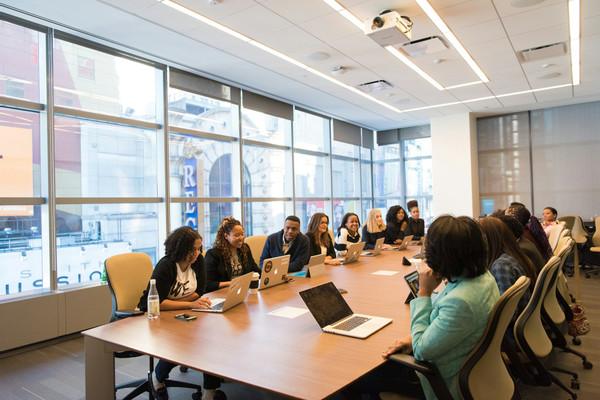Why Avoiding Office Politics Could Hurt You More Than You Know
Curated from: themuse.com
Ideas, facts & insights covering these topics:
5 ideas
·10.1K reads
43
Explore the World's Best Ideas
Join today and uncover 100+ curated journeys from 50+ topics. Unlock access to our mobile app with extensive features.
Avoiding office politics
“Avoiding (office) politics altogether can be deadly for your career. Every workplace has an intricate system of power, and you can—and should—work it ethically to your best advantage.” -- Erin Burt
Those that are politically savvy have better career prospects, better career trajectories, and are seen to be more promotable.
198
2.56K reads
Social Astuteness
Aim to become something of a “corporate anthropologist,” observing the relationships between co-workers and superiors and paying attention to informal social networks.
By observing the communication and relationships that surround you at work, you might discover that instead of hiding when the team gets competitive, you would do better to hang in there, go toe-to-toe with them, and ultimately earn their respect.
192
1.97K reads
Interpersonal Influence
Look for people who are not necessarily in high-level roles, but who have the ability to make things happen. Who are the movers and shakers in your organization, and what can you learn from how they get things done?
For example, you might discover that before voicing an opposing opinion in a global teleconference, it pays to have influential backers present.
196
1.94K reads
Networking Ability
After you have identified those influencers, draw up a strategic networking plan to build stronger relationships with them.
Consider your most important career and leadership goals. Does your network consist of influencers, connectors, and advocates who can help?
189
1.88K reads
Sincerity
Be mindful of not becoming someone you can’t stand to see when you look in the mirror.
Warmth is the conduit of influence. You must connect with sincerity and build trust before you can lead.
187
1.75K reads
IDEAS CURATED BY
Emerson 's ideas are part of this journey:
Learn more about teamwork with this collection
How to build positive relationships with colleagues and superiors
How to navigate office politics without compromising your values
How to handle conflicts and difficult situations in the workplace
Related collections
Similar ideas
8 ideas
10 ideas
Let's stop calling them 'soft skills'
itsyourturnblog.com
Read & Learn
20x Faster
without
deepstash
with
deepstash
with
deepstash
Personalized microlearning
—
100+ Learning Journeys
—
Access to 200,000+ ideas
—
Access to the mobile app
—
Unlimited idea saving
—
—
Unlimited history
—
—
Unlimited listening to ideas
—
—
Downloading & offline access
—
—
Supercharge your mind with one idea per day
Enter your email and spend 1 minute every day to learn something new.
I agree to receive email updates
